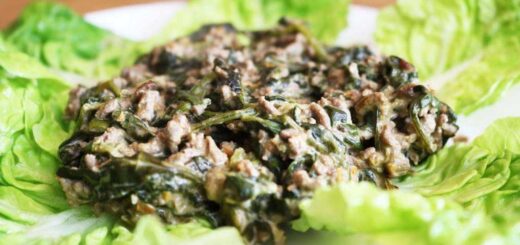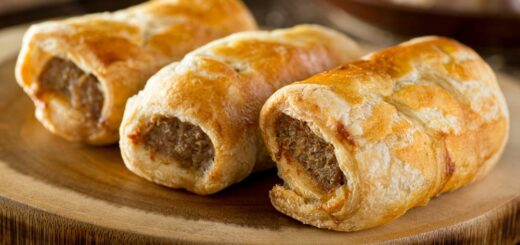Managing Gout through Healthy Diet

A gout diet is a nutritional routine that includes eating foods low in purines to help reduce the occurance and severity of gout attacks.
Gout, a form of arthritis, is characterized by sudden and severe attacks of pain, redness, and swelling in the joints, often affecting the big toe. While medications play a crucial role in managing gout, adopting a gout-friendly diet is equally important in preventing flare-ups and promoting overall well-being.
Why Gout Occurs:
Gout occurs when there is a buildup of uric acid in the blood, leading to the formation of sharp crystals in the joints. These crystals cause inflammation and intense pain during gout attacks. To effectively manage gout, it’s essential to adopt a dietary approach that helps control uric acid levels.
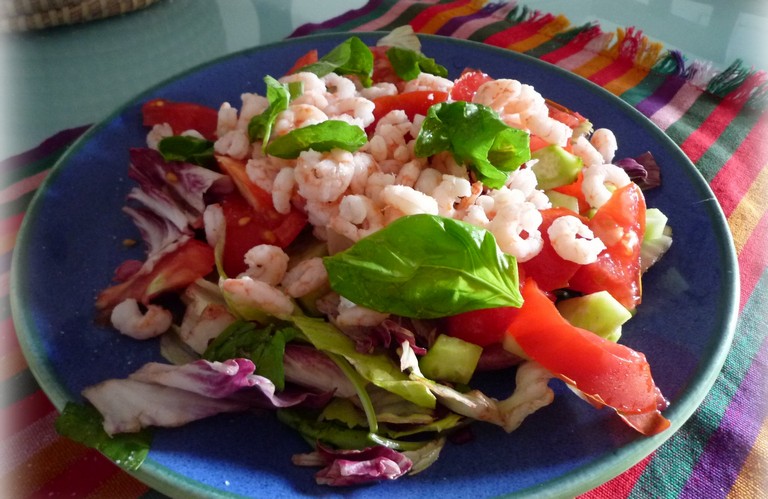
The Gout Diet:
Limit Purine-Rich Foods:
Purines are compounds that break down into uric acid. Foods high in purines should be limited to reduce uric acid production. Examples of purine-rich foods include organ meats (liver, kidneys), red meat, seafood (especially shellfish), and certain types of beans. Moderation is key, and these foods don’t need to be completely eliminated.
Increase Water Intake:
Staying hydrated is crucial for individuals with gout. Water helps flush out uric acid from the body, reducing the risk of crystal formation. Aim for at least 8 glasses of water per day, and consider including hydrating foods such as water-rich fruits and vegetables.
Choose Low-Fat Dairy:
Low-fat dairy products, such as milk and yogurt, have been shown to have a protective effect against gout. They help excrete uric acid from the body and can be included as part of a balanced gout-friendly diet.
Emphasize Fruits and Vegetables:
Fruits and vegetables are naturally low in purines and high in vitamins, minerals, and antioxidants. Cherries, in particular, have been associated with lower gout risk and can be a delicious addition to a gout diet.
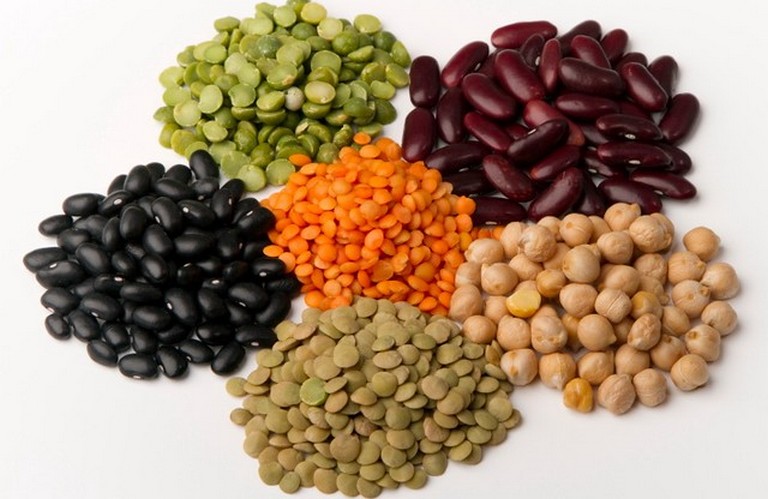
Moderate Alcohol Consumption:
Alcohol, especially beer, is known to increase uric acid levels and may trigger gout attacks. If you choose to drink, do so in moderation. Limiting or avoiding alcohol, particularly beer and spirits, can be beneficial for gout management.
Choose Complex Carbohydrates:
Whole grains and complex carbohydrates, such as brown rice and whole wheat bread, can be included in a gout diet. These foods provide essential nutrients without significantly contributing to uric acid levels.
Moderate Protein Intake:
While it’s important to limit purine-rich proteins, incorporating moderate amounts of lean proteins like poultry, eggs, and plant-based sources can be part of a balanced gout diet.
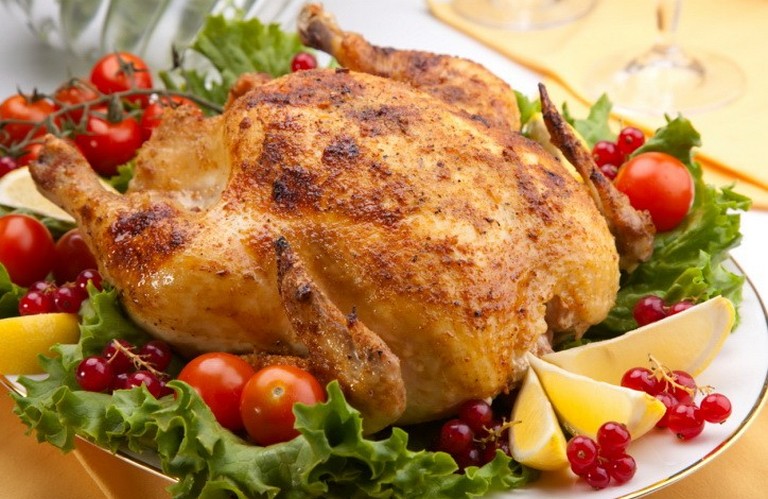
Adopting a gout-friendly diet is a valuable component of managing this painful condition. By making mindful food choices, individuals with gout can reduce the risk of flare-ups, alleviate symptoms, and contribute to overall health and well-being.

